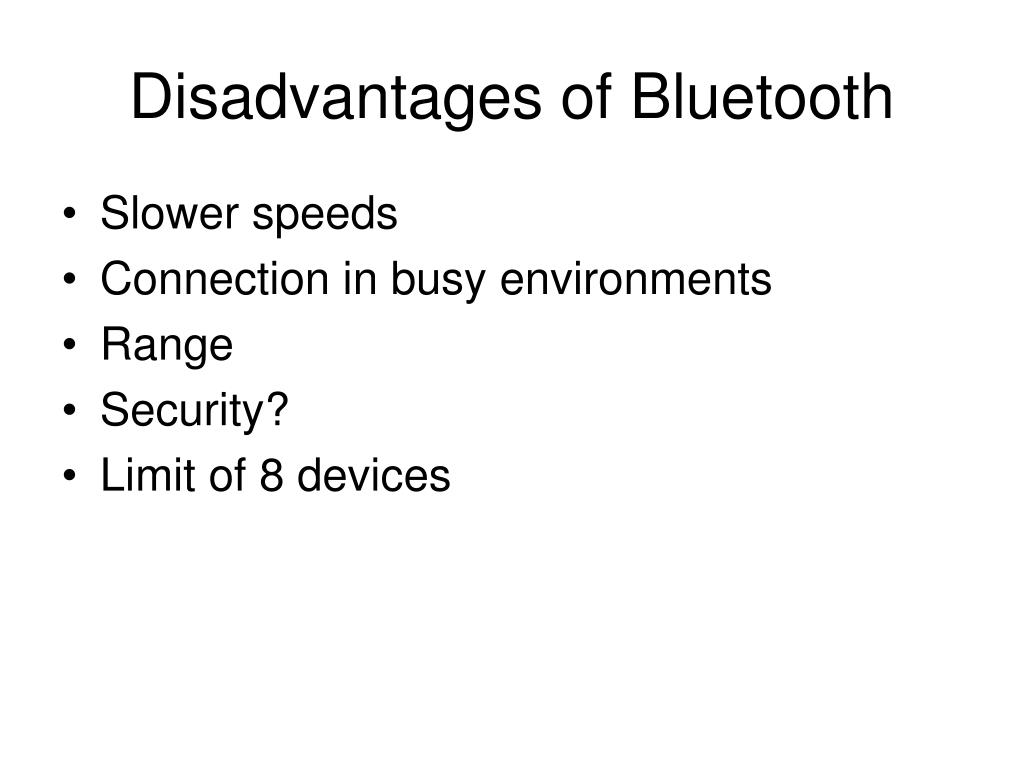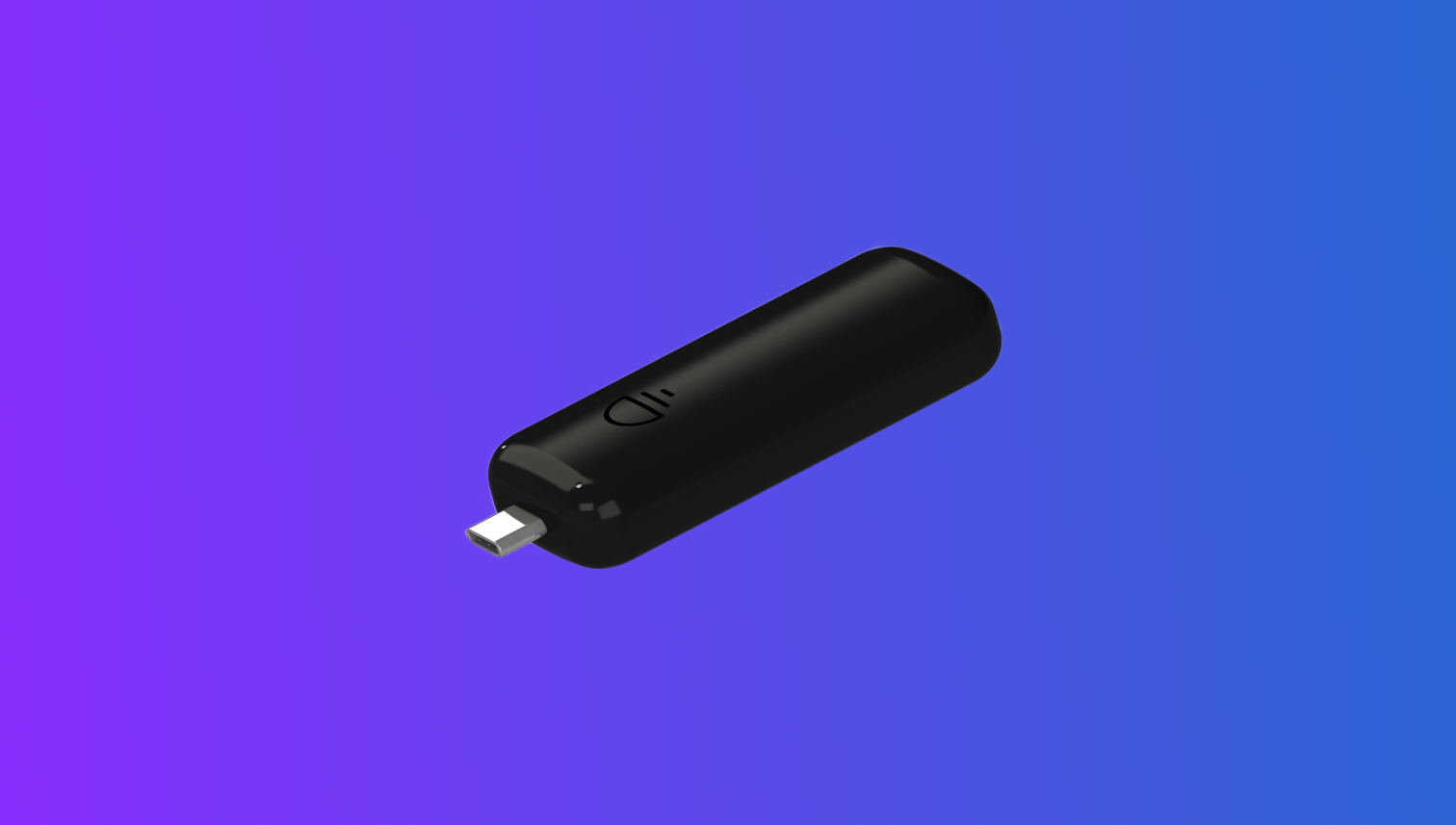Stunning Info About Is Bluetooth Slower Than Dongle

Decoding Wireless: Is Bluetooth Slower Than a Dongle?
Understanding the Speed Debate in Wireless Connectivity
In our increasingly wireless world, the question of connection speed often comes up. We're surrounded by devices that talk to each other without messy wires, from our keyboards and mice to our headphones and smart home gadgets. But for tasks where quick responses are crucial, a common question pops into mind: is Bluetooth really slower than a dedicated wireless dongle? It's a great question, and it really gets into the fascinating details of how radio signals work.
For many, the difference between Bluetooth and those small USB dongles that come with some wireless accessories can feel a bit unclear. Both let you go wire-free, but they work on different ideas and are designed for different jobs. Understanding how these technologies operate is key to seeing why one might perform better than the other in specific situations.
Think of it this way: if you're sending a postcard, Bluetooth is like mailing it through the regular post office—it'll get there, but it might take a little while. A dongle, on the other hand, is like having a private courier service just for your postcard. That difference in delivery time can be a big deal, especially when you're sending lots of postcards or when the timing is super important.
So, let's take a look at these wireless technologies and figure out which one truly wins when it comes to speed. Here's a hint: it's not always a clear victory, as both have their own special strengths and weaknesses that make them perfect for different uses.
---

Bluetooth Vs Low Energy, What's The Difference?, 54 OFF
The 2.4GHz Dongle: A Dedicated Path
How Proprietary Wireless Connections Work
When you open a new wireless mouse or keyboard and find a tiny USB stick inside, you've probably got a device that uses a 2.4GHz wireless dongle. These dongles are basically specialized transmitters and receivers, creating a direct and often exclusive link between your accessory and your computer. They use the same 2.4 GHz radio frequency band as Bluetooth, but the main difference is how they handle sending data.
Unlike the standard rules of Bluetooth, 2.4GHz dongles often use unique communication methods created by the manufacturer. This allows companies to fine-tune the connection specifically for their products, focusing on things like minimal delay and high reporting rates. For example, many gaming accessories that use 2.4GHz connections boast reporting rates of 1,000 Hz or even higher, meaning the device tells the computer its position or actions a thousand times every second. This leads to incredibly quick responses, which is vital for competitive gamers.
Imagine a private road built just for your car; that's essentially what a 2.4GHz dongle gives you. This dedicated connection reduces interference and maximizes how much data can pass through for that specific paired device. While this offers excellent performance for the intended accessory, it also means that the dongle usually only works with the device it came with. You can't just pick up any 2.4GHz dongle and expect it to work with your current mouse or keyboard.
The dependable nature and low delay offered by 2.4GHz dongles make them the preferred choice for situations where accuracy and speed are most important, like professional gaming or tasks needing precise movements. The downside, of course, is needing a dedicated USB port and the potential hassle of losing a specific dongle.
---

PPT Christopher Greco, Wesley Kunzler, Koy Rehme, Ryan Ruan
Bluetooth: The Everywhere Connection
Exploring Bluetooth's Flexibility and Growth
Bluetooth, on the other hand, is built for wide compatibility and ease of use. It's a standard wireless technology found in a huge variety of devices, from smartphones and tablets to headphones, speakers, and even smart home gadgets. The beauty of Bluetooth is its ability to connect smoothly with almost any Bluetooth-enabled device, meaning you don't need a separate dongle for every single accessory.
Bluetooth also operates in the 2.4 GHz ISM (Industrial, Scientific, and Medical) band, just like the dongle connections. However, it uses a technique called frequency-hopping spread spectrum, which lets it jump between many channels to cut down on interference. This is like a public road with many lanes; while everyone can use it, it might experience more traffic and occasional slowdowns compared to a private highway.
Over the years, Bluetooth has gotten much better. Early versions, like Bluetooth 1.0, offered pretty slow data transfer and limited range. But with the arrival of Bluetooth Low Energy (BLE) in version 4.0 and later versions like Bluetooth 5.0 and beyond, we've seen impressive improvements in speed, range, and how little power they use. Bluetooth 5.0, for example, can offer data rates up to 2 Mbps for LE and much higher for classic Bluetooth, with a much wider range than older versions.
Despite these improvements, Bluetooth generally puts power efficiency and broad compatibility first, rather than raw speed and super-low delay, which are often the hallmarks of exclusive 2.4GHz dongle connections. While modern Bluetooth versions are perfectly fine for most everyday tasks, there are still times when the dedicated dongle truly shines.
---

TOP7. Die Besten BluetoothUSBDongles. Test & Vergleich 2024
The Delay Factor: When Every Moment Counts
Comparing Real-World Performance for Different Uses
Now, let's talk about **latency**. This is where the main difference between Bluetooth and a dedicated dongle often becomes most obvious. Latency refers to the slight pause between when you do something (like clicking a mouse or pressing a key) and when your computer actually registers that action. In certain applications, even a few milliseconds of delay can really affect how smoothly things feel.
For most casual users, just Browse the web or typing a document, you probably won't even notice the difference in latency between Bluetooth and a 2.4GHz dongle. Your brain simply won't pick up on that tiny delay. However, step into the world of competitive gaming or detailed graphic design, and that's when those milliseconds start to really count.
Exclusive 2.4GHz connections are built for minimal delay. They often boast reporting rates that allow the accessory to talk to the receiver hundreds, or even thousands, of times per second. This results in input lag that can be as low as 1-8 milliseconds. This almost instant response is critical for actions like aiming in a first-person shooter game or pulling off complex moves in a fighting game.
Bluetooth, while getting better with each new version, typically shows higher latency compared to dedicated 2.4GHz dongles. While modern Bluetooth devices with low-latency modes have significantly reduced this gap, it can still be noticeable in situations demanding absolute quickness. For example, some Bluetooth controllers might have 10-30ms of input delay, which a sharp gamer might detect.
---

RTLSDR Blog V4 R828D RTL2832U 1PPM TCXO SMA Software Defined Radio
Beyond Speed: Other Things to Think About
Weighing Convenience, Battery Life, and Interference
While speed and delay are super important, they aren't the only things to consider when choosing between Bluetooth and a wireless dongle. How convenient it is, how long the battery lasts, and how easily it's affected by other signals also play big roles in how you experience using it.
When it comes to convenience, Bluetooth wins easily. It's built into most modern devices, meaning you don't have to give up a valuable USB port for every wireless accessory. Pairing is usually simple, and once connected, the device stays paired, automatically reconnecting when it's nearby. This "just connect and and use" nature makes Bluetooth perfect for on-the-go setups and people with many devices.
Battery life is another area where Bluetooth often has an edge, especially with the development of Bluetooth Low Energy (BLE). BLE is designed to use very little power, allowing devices like fitness trackers and smartwatches to work for weeks or even months on a single charge. While 2.4GHz accessories have also improved in power efficiency, the dedicated nature of their connection can sometimes lead to slightly more power usage compared to their Bluetooth counterparts.
However, both technologies use the busy 2.4 GHz frequency band, which is also where most older Wi-Fi routers send their signals. This crowded radio space means that signals can sometimes clash, leading to slower speeds, dropped connections, or inconsistent performance. It's like too many people trying to talk on the same radio channel at once. While technologies like frequency hopping (in Bluetooth) and special optimizations (in dongles) try to reduce this, significant interference can still happen in very busy wireless environments.
---

LiFi Dongle Say Goodbye To Slow Connections!
The Conclusion: It All Depends, Right?
Picking the Right Wireless Technology for Your Needs
So, is Bluetooth slower than a dongle? The quick answer is: usually, yes, for tasks that need the absolute lowest delay and highest reporting rates. But the more complete answer is that it really comes down to what you need and what kind of device you're using.
For crucial uses like competitive gaming, where every millisecond counts, a dedicated 2.4GHz wireless dongle often provides a better and more consistent experience. The custom tuning for speed and responsiveness makes it the clear winner in this area. If you're a serious gamer, you'll likely want to stick with accessories that come with their own dongle.
For everyday use—connecting wireless headphones for music, a portable keyboard for your tablet, or a mouse for general office work—Bluetooth is perfectly fine. Its ease of use, wide compatibility, and improving performance make it the ideal choice for most people. The slight increase in delay is usually not noticeable, and the ability to connect without special hardware is a big plus.
Ultimately, both Bluetooth and 2.4GHz dongle connections are amazing inventions that have freed us from a mess of cables. The "better" technology isn't about one completely beating the other, but rather about understanding their individual strengths and picking the solution that best fits what you need. So, the next time you're thinking about a wireless gadget, ask yourself: what's most important for *me*?
---